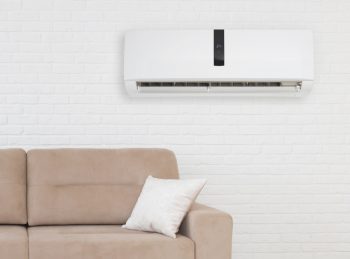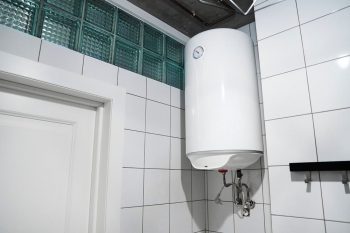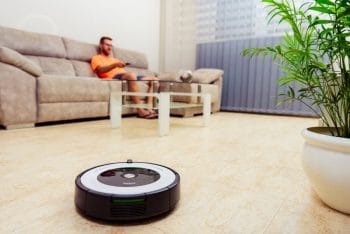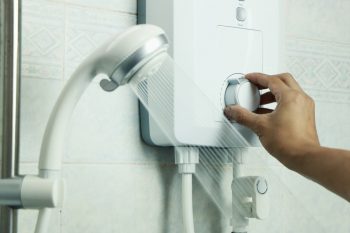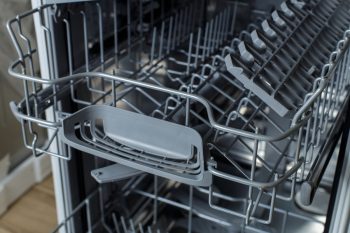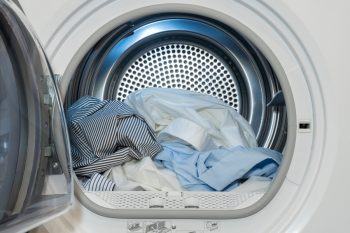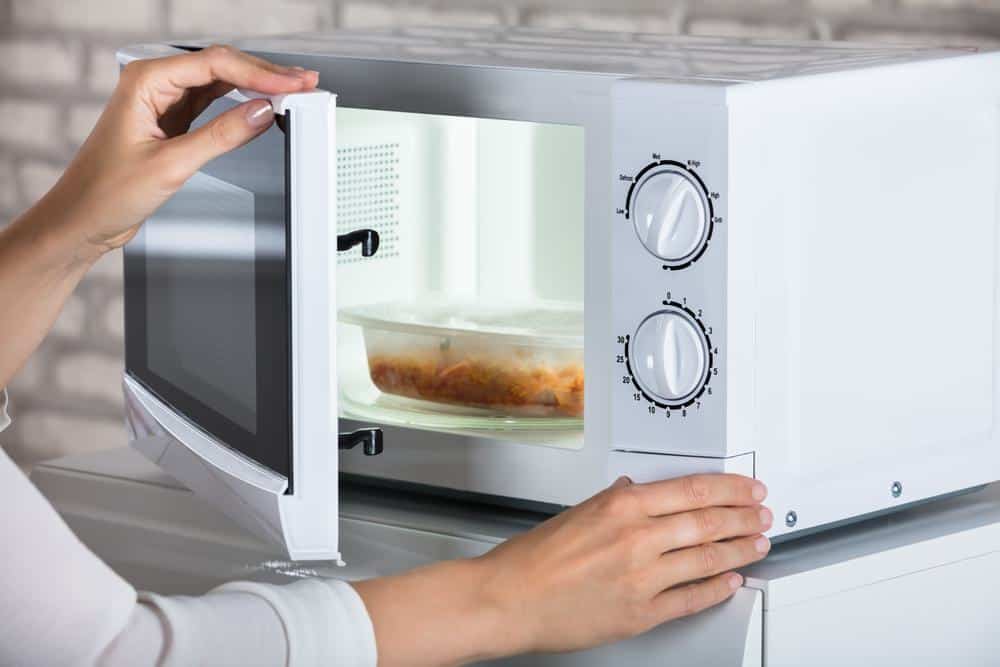
Microwaving is a quick and convenient way to cook food. However, sometimes, you might notice a strange phenomenon when you microwave certain vegetables, particularly carrots. They seem to spark or create small flashes of light. This might leave you wondering, “Why do carrots spark in the microwave?”
Carrots spark in the microwave due to the minerals they contain, such as iron, magnesium, and selenium. When microwaved, these minerals can cause a reaction leading to a phenomenon known as “arcing” or sparking. The shape and size of the carrot pieces can also contribute to this effect. Despite the sparks, it’s generally safe to microwave carrots, and there are steps you can take to minimize sparking.
The Science Behind the Spark
Carrots, along with a few other vegetables, contain minerals such as iron, magnesium, and selenium. When these minerals are microwaved, they can cause a reaction leading to a phenomenon known as “arcing.” Arcing, in this context, is the occurrence of sparks in the microwave when heating food.
The shape of the carrots also plays a role in sparking. If they are sliced with sharp edges, they are more likely to ignite because the points create a stronger electric field. When carrots are cut into small pieces and heated in the microwave, the pieces can develop different individual charges, sometimes causing sparks between the pieces, similar to a static charge.
Is It Safe to Microwave Carrots?
Despite the sparking, it’s generally safe to microwave carrots. The sparks don’t harm the food, but they can prevent it from heating thoroughly and may leave a burned taste or black mark. If a sparking food is very dry, it can catch fire in the microwave, so it’s important to turn off the microwave as soon as you notice a problem.
How to Prevent Sparking When Heating Carrots
To avoid sparking when microwaving carrots, you can take several steps:
- Cut the carrots into larger pieces, as smaller pieces are more likely to develop individual charges and cause sparks.
- Space the carrot pieces evenly in a microwave-safe dish to reduce the likelihood of sparks.
- Add a small amount of water to the dish to help dampen the effect of the electrical charge.
- Cover the dish with a microwave-safe lid or plastic wrap, ensuring there’s enough space between the food and the cover so that the plastic wrap does not touch the carrots. Make sure to leave a small vent for steam to escape.
- Microwave the carrots on a lower power setting to reduce the risk of sparking.
Nutritional Value of Microwaved Carrots
Contrary to popular belief, microwaving can actually increase the nutritional value of carrots. Microwave cooking increases the solid content by about 70% after 20 minutes. The carotenoid concentration in carrots increases with time and is not significantly affected by the cooking method. Total phenolic (TP) and antioxidant activity (AA) values increase with microwave cooking, while they decrease with boiling.
Foods to Avoid Microwaving
Apart from carrots, there are other foods that you should avoid microwaving. These include chili peppers, which can release capsaicin causing eye and throat irritation; eggs, which can explode due to steam build-up; and breast milk, as microwaving can create hot spots and risk burning the baby.
In conclusion, while it can be alarming to see sparks flying in your microwave when heating carrots, it is a harmless phenomenon caused by the natural minerals found in carrots. By following the steps above, you can safely cook carrots in the microwave without causing sparks.
Frequently Asked Questions
What other vegetables can cause sparking in the microwave?
Other vegetables that can cause sparking in the microwave include green beans and bell peppers. This is due to the same phenomenon that causes carrots to spark – the minerals present in these vegetables can create an electrical charge that leads to sparking.
Can sparking damage my microwave?
Yes, frequent sparking can potentially damage your microwave. The sparks can cause burns or scorch marks inside the microwave, which can affect its performance over time. It’s always best to prevent sparking by following the steps mentioned in the blog post.
Does microwaving destroy the nutritional value of other foods?
This largely depends on the food and the microwaving time. For most foods, microwaving can actually preserve more nutrients compared to other cooking methods like boiling or baking, because it cooks food quickly and without a lot of water. However, over-microwaving can lead to nutrient loss.
Can I microwave baby food?
Yes, you can microwave baby food, but you should be careful to stir it thoroughly and check the temperature before feeding it to your baby. This is to ensure that there are no “hot spots” that could burn your baby’s mouth. As mentioned in the blog post, it’s not advisable to microwave breast milk for the same reason.
Why does adding water to the dish help prevent sparking?
Adding water to the dish creates a damp environment that can help to dampen the electrical charges generated by the minerals in the carrots. This can help to reduce the likelihood of sparking.

